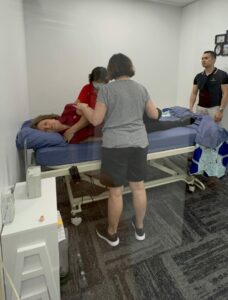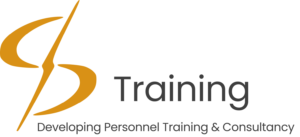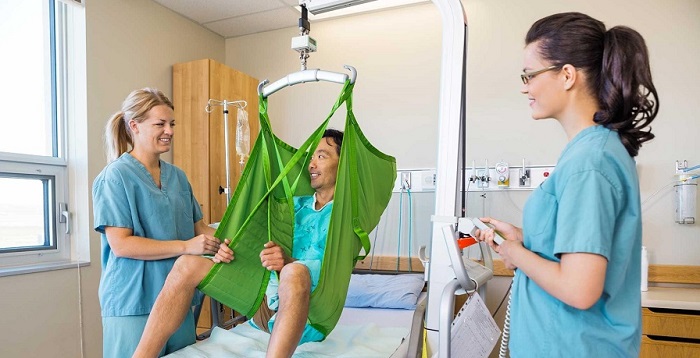Why Manual Handling is an Important Skill in Individual Support ?
What is Manual Handling?
Manual handling refers to applying force with your body to move or hold any object, including humans. Lifting, pushing, pulling, holding, lowering, throwing, carrying, and cleaning are a few examples. Daily manual handling chores will require every residential aged care facility employee.
Why is Manual Handling Important?
While the regular tasks of the care and therapy staff will involve manual handling, it is crucial to follow the proper manual handling norms and procedures, especially while interacting with patients and residents. It is understanding the patient’s mobility condition and using the appropriate equipment. When performing manual handling jobs, awkward postures, inadequate lifting skills, and poor route planning increase the risk of injury. Incorrect manual handling can lead to musculoskeletal injuries or disorders, including muscle sprains or strains, back injuries, abdominal hernias, and soft tissue injuries to various body parts. To prevent the pain and suffering that come with MSDs, it’s crucial to practise safe manual handling.
Why Take the Course?
Courses in manual handling reduce the risk of injury for healthcare workers and patients. There will be an increase in patient satisfaction and comfort and a more enjoyable work environment for healthcare workers.
The manual handling training workshop at DP Training is intended to serve as a refresher course in manual handling for direct care workers who support individuals in a community care setting.

Why is This Skill Required in Individual Support?
Aged care provides assistance to older people in their homes or in facilities. The goal of aged care is to help older people stay connected to their communities, become more independent, take care of their health and safety, and meet their cultural and social needs (Parliament of Australia, 2016).
According to Work Safe Victoria (2021), the most common hazards and risks in individual support and aged care include
- Lifting.
- Supporting and moving patients.
- Moving and handling equipment such as beds, mattresses, trolleys and wheelchairs.
Manual Handling is one of those tasks needed to be carried out by an individual support worker daily. Hence why it is an activity that cannot be avoided; therefore, we must do our best to ensure that we are using the safest techniques possible to avoid injury
Manual Handling Short Course
Head to our course page to find more information.
Sources
Work Safe Victoria (2021). https://www.worksafe.vic.gov.au/aged-care-safety-basics
Parliament of Australia. (2016). Aged Care: a quick guide. Retrieved from https://www.aph.gov.au/About_Parliament/Parliamentary_Departments/Parliamentary_Library/pubs/rp/rp1617/Quick_Guides/Aged_Care_a_quick_guide






